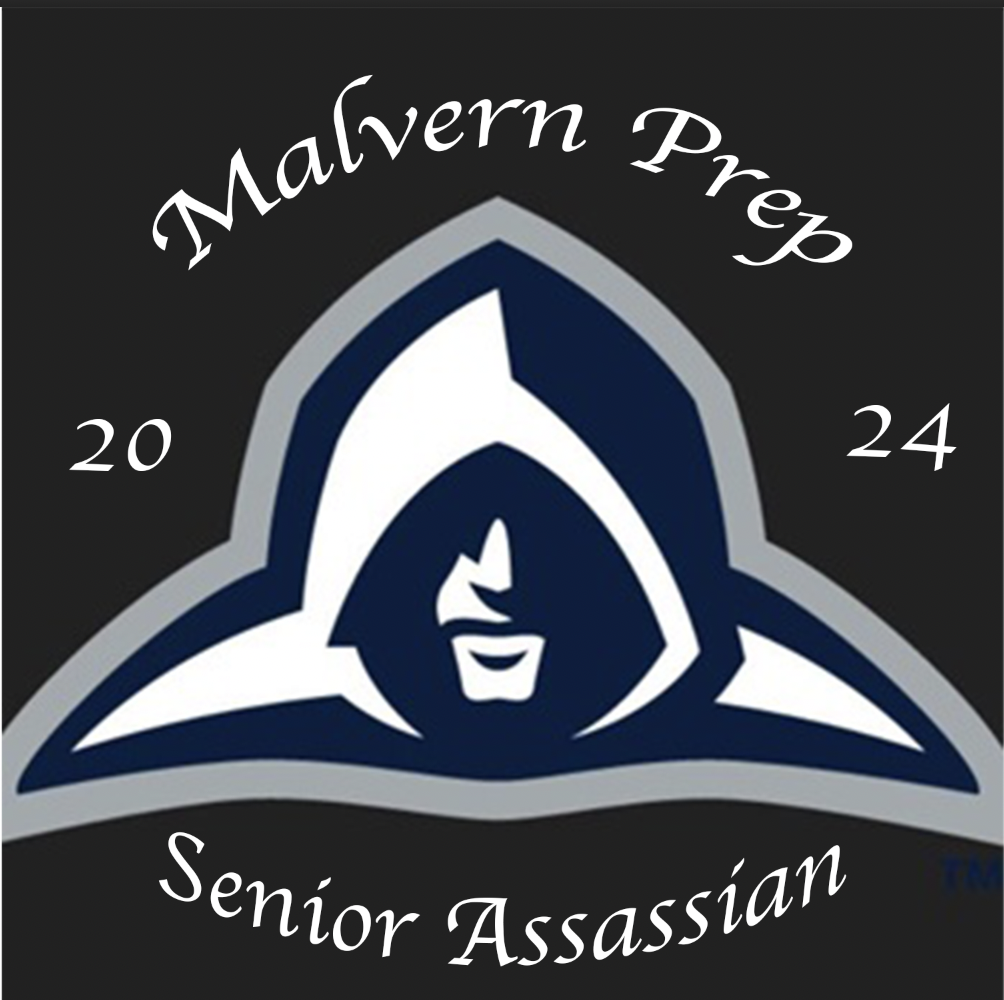I’m sure all of Malvern is more than familiar with Scantron. The process expedites grading for teachers and consequently the time it takes for students to see their scores. But what if we applied the same concept to essays instead of multiple choice? One result would be a software program produced by EdX, a nonprofit enterprise founded by Harvard and MIT. EdEx was previously used to offer online courses but will soon offer an “Artificial Intelligence” grading service free to institutions and universities.
The software first requires professors to grade 100 essays or essay questions. The system then produces a guideline from the information by which each student’s paper is then graded. The calibrated software instantly sends back a score and allows the student to correct his or her errors. Proponents of the software say that this method of grading turns the grading into a game, encouraging the students to resubmit work to boost their grade.
Opponents of the grading system argue that the system trivializes the essay writing process, straying away from the usual process that includes writing a “good” essay in the sense that not only the information, but the way its presented earns you the grade. I’d have to say that I’m on the side of the opposition for this very reason. What would happen if you put Shakespeare’s Sonnets into the program? I think that persuasion and suave when writing an essay is as important as the material itself.
However, there are some good reasons that programs like EdX are gaining traction. This is a computer, not a person. We, as students, should be able to write the “perfect essay” in EdX’s computerized eyes – as well as Mr. Roper’s sharp, critical eyes – every time, right? One of the program’s biggest supporting arguments is that it tries to help students think critically and to strive for continuous improvement. A teacher might take two weeks to grade a stack of essays. EdX can offer immediate feedback – and an impetus for immediate improvement.
The ability to have an essay scored instantaneously might be an awesome tool for teachers to have in their arsenal (alongside the scantron, bluebook, and Mr. Roper’s speech rubric.) Second chances and opportunities to improve a grade are likewise are not usually met with disdain by high school students. So when it comes to essay grading, programs like EdX might have a shot. With some tweaking and addressing its weaknesses, we just might encounter EdX in our college future. As for high school – who can predict?





